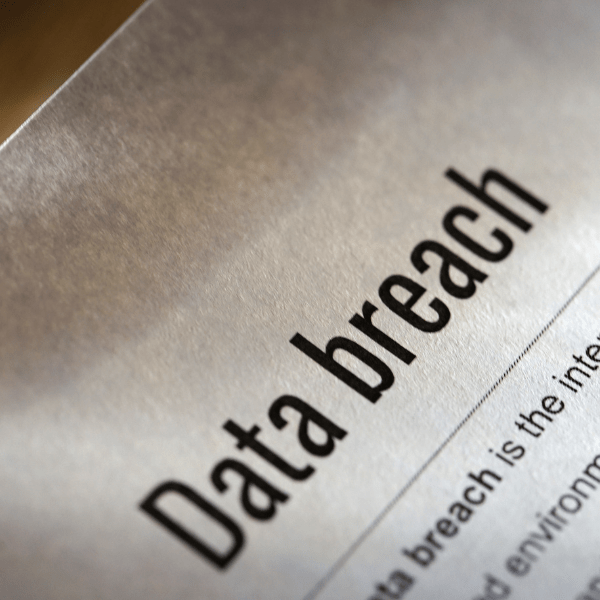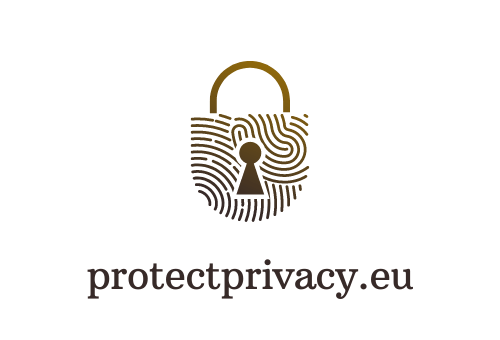Case Studies in Privacy: How Companies Have Handled Data Breaches

Data breaches are a critical challenge in the digital age, posing significant risks to companies and their customers. This article examines various high-profile data breaches, analyzing how companies responded, the impact on their reputations, and the valuable lessons that can be learned from these incidents.
Case Study 1: The Equifax Data Breach
In 2017, Equifax, one of the largest credit bureaus in the U.S., suffered a massive data breach affecting over 147 million consumers.
Company Response
Equifax faced criticism for its delayed and inadequate response. The breach was not disclosed to the public until months after its discovery. The company’s initial remedies, including credit monitoring services, were deemed insufficient by many.
Impact on Reputation
The breach significantly damaged Equifax’s reputation, leading to a loss of trust among consumers and a decline in market value. It also led to intense scrutiny from regulators and lawmakers.
Lessons Learned
The Equifax breach underscores the need for timely breach notification and robust cybersecurity measures. It also highlights the importance of transparent communication in maintaining consumer trust.

Case Study 2: The Yahoo Data Breach
Yahoo experienced one of the largest data breaches in history, with an estimated 3 billion accounts compromised in 2013, which came to light in 2016.
Company Response
Yahoo disclosed the breach several years after the fact, which led to significant criticism. The company offered free credit monitoring services to affected users and took steps to secure user accounts.
Impact on Reputation
The late disclosure of the breach severely affected Yahoo’s reputation and trustworthiness, impacting its valuation and complicating its acquisition by Verizon.
Lessons Learned
This case illustrates the importance of prompt breach disclosure and proactive security measures to safeguard user data. Delayed response can exacerbate the damage to both consumers and the company.
Case Study 3: The Target Data Breach
In 2013, retail giant Target suffered a data breach that affected 41 million customer payment card accounts.
Company Response
Target responded by offering free credit monitoring to affected customers and implementing improved security measures. The CEO and CIO resigned in the aftermath of the breach.
Impact on Reputation
Target’s quick response helped mitigate some reputational damage, but the breach still resulted in a loss of customer confidence and a temporary decline in sales.
Lessons Learned
The Target breach highlights the necessity of advanced security systems and the potential costs of cybersecurity failures. It also shows how executive accountability is perceived in the context of data privacy.
Read Next: Debunking Privacy MythS
Conclusion
These case studies demonstrate varied responses to data breaches, with differing impacts on company reputation. Key lessons include the importance of immediate and transparent communication, robust cybersecurity defenses, and ongoing vigilance to protect customer data. For businesses, these incidents serve as a reminder of the high stakes involved in data privacy and security.








